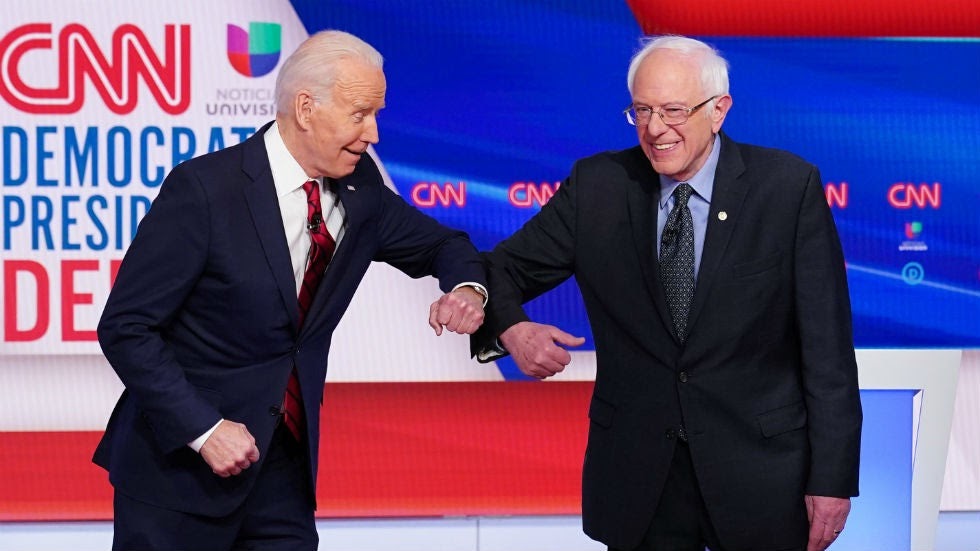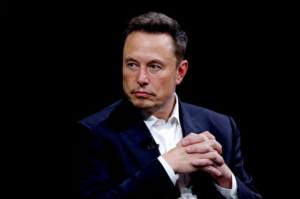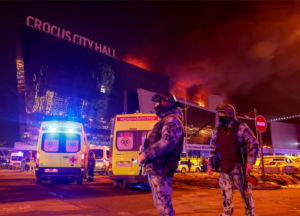Weekend Election Update 4/3


By Jeremy Perillo
Amidst the tragic coronavirus pandemic, politics in the U.S. has seen dramatic changes, as coverage and concern of the virus has hit unprecedented levels. Candidates have held town halls, large constituent calls, and have made an effort to cycle through the major news networks, to adapt to the changed campaigning environment.
Of course, this change in reaching out to the American public has not come without controversy. Former Vice President Joe Biden indicated that he will be having a call with President Trump soon to discuss the coronavirus. His indication to reach out to Trump comes after Kellyanne Conway criticized Biden for his criticisms on Trump’s coronavirus response.
“I find it petty and partisan and completely unhelpful to the American population to have a former vice president, who was here for eight years, in his bunker in Wilmington just lobbing criticisms, reading from prepared notes and not that well,” said Conway.
In addition to the alterations the candidates have had to endure, the coronavirus pandemic continues to impact the election calendar. This week, the Democratic National Committee pushed the party convention date to mid-August, from its original date in mid-July. As states continue to reschedule primaries to later in the season, the Convention date change reflects a hopeful benchmark for where the country will be in late summer.
Some states are struggling to make those types of decisions, however. Despite issuing a stay-at-home order, the primary date for Wisconsin remains Tuesday, April 7th. The Governor, Tony Evers, has been ridiculed by Senator Bernie Sanders, amongst others, for ignoring the public health crisis.
The polls show Biden ahead of Sanders by a significant margin. If the primary continues as planned, the turnout could prove to be interesting and could alter where the states 84 pledged, and 13 unpledged delegates, end up.







